08:00
-
50 mins
08:50
-
10 mins
09:00
-
25 mins
- Pilot Overview & Evolution: Cover Utah’s voluntary RUC pilot initiated in January 2020—designed for electric, plug‑in hybrid, and hybrid vehicles—as an alternative to fuel tax
- Program Funding & Federal Support: Discuss how four federal STSFA grants ($3.245 million total) have supported UDOT’s implementation and enhancements

09:25
-
25 mins
-
Overview of the latest updates on U.S. State and Federal programs
-
Examination of State and Federal perspectives on key transportation funding issues
-
Comparison of core RUC/MBUF program characteristics, highlighting similarities and differences

-
09:50
-
25 mins
- Commercial motor vehicles are subject to extensive regulations, fees, and reporting requirements far beyond those for passenger vehicles, including mileage tracking and hours-of-service logging
- The International Registration Plan (IRP) streamlined interstate registration, reducing administrative burdens by enabling carriers to register through a base state with fees distributed to other jurisdictions
- Road Usage Charge (RUC) programs must consider the complex regulatory environment for commercial vehicles; inconsistent state-level requirements could recreate the inefficiencies IRP was designed to eliminate
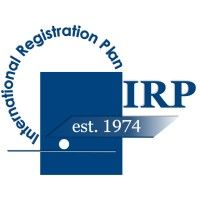
10:15
-
25 mins
- Policy perspective: Truck only Tolling
- An overview of Rhode Island’s tolling system
- How truck tolling plays a role in the state’s infrastructure funding methodology
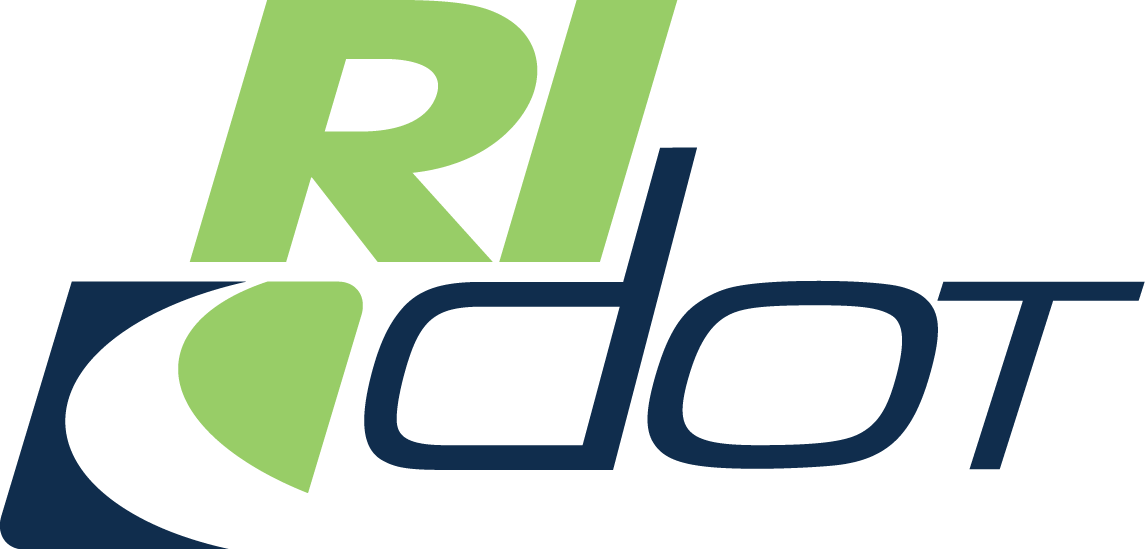
10:40
-
40 mins
11:20
-
45 mins
-
Aligning with the User-Pays Principle
-
Are mileage fees taxes or user fees?
-
Ensuring Equity and Efficiency
-
12:05
-
25 mins
- RUC as a road user fee and RUC to solve externalities are two different things
- There may be both conflicts and opportunities in mixing goals.
- RUC may have effects we plan for and may have unanticipated effects

12:30
-
60 mins
13:30
-
25 mins
-
User-pays is an effective way to fund major infrastructure
-
Replacing fuel taxes with a VMT tax is a better user-fee model
-
Using user fees for highways could cut the federal deficit by $200B in 10 years
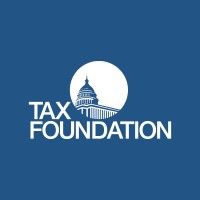
-
13:55
-
25 mins
- Lessons from around the world
- Emerging tolling trends in Europe
- Developments in the Middle East and Africa

14:20
-
40 mins
15:00
-
25 mins
- Explores how trust-building and transparent engagement shape successful pricing policies
- Highlights global case studies where equity and legitimacy drove public support
- Shares research insights on aligning stakeholder interests to move from policy design to action

15:25
-
25 mins
- Applying past challenges to build more responsive, community-focused project delivery.
- Strategies for fostering community trust in toll and P3 projects.
- How stakeholder input and priorities can influence project delivery.

15:50
-
10 mins
09:00
-
50 mins
09:50
-
10 mins
10:00
-
25 mins
- Overcoming right of way constraints
- Phasing construction to accelerate improvements
- Reversible lane technology
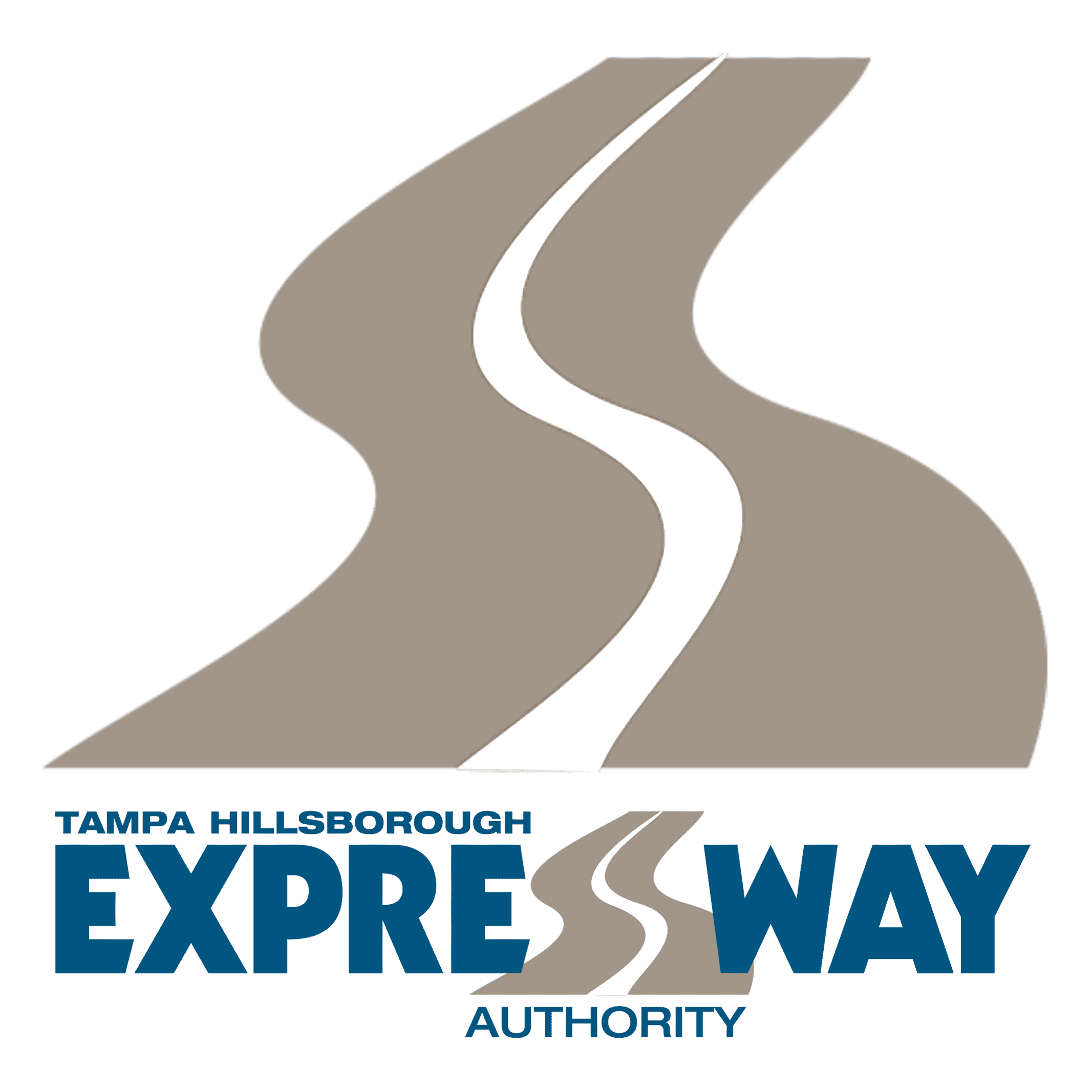
10:25
-
25 mins
- Legislative strategies
- Alternative funding mechanisms
- Tax tolerance limits
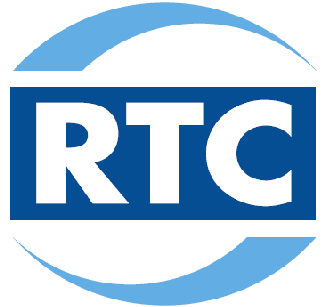
10:50
-
40 mins
11:30
-
25 mins
- The real-time, network-wide pricing of road use can eliminate all traffic congestion

- There are no longer any technological barriers to the adoption of real-time pricing of road use
- Real-time, network-wide pricing of road use is the only way that traffic congestion can be eliminated
- The real-time, network-wide pricing of road use can eliminate all traffic congestion
11:55
-
25 mins
 How regions can plan for the shift from gas tax to road pricing
How regions can plan for the shift from gas tax to road pricing- The Seattle region’s approach to road pricing policy
- Next steps to incorporate road pricing in Washington State
12:20
-
45 mins
- Long-term trends in tolling and RUC system evolution
- Balancing innovation, equity, and sustainability in RUC models
- Predictions for RUC’s role in transforming transportation funding
13:05
-
5 mins
13:10
-
60 mins

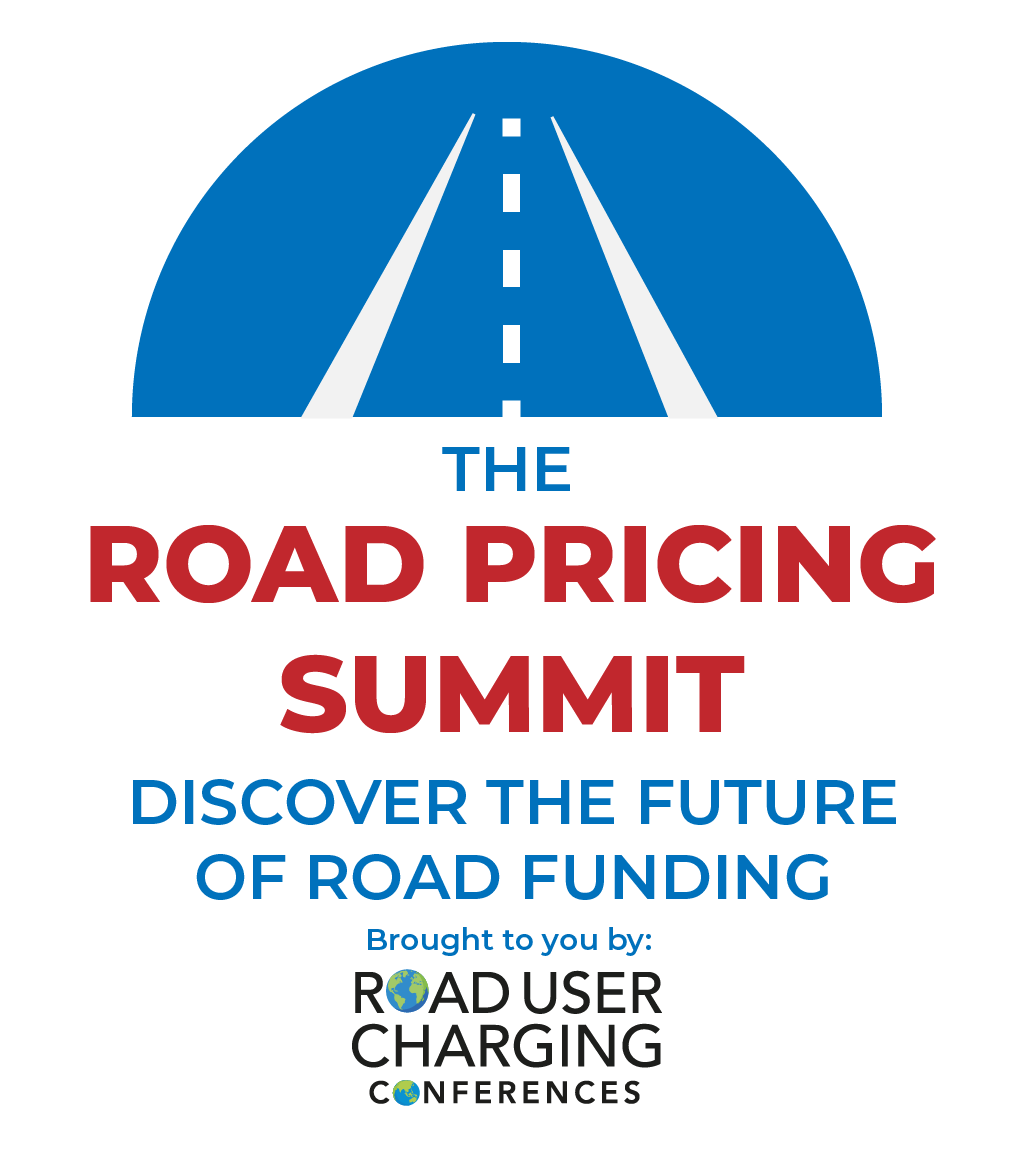
)
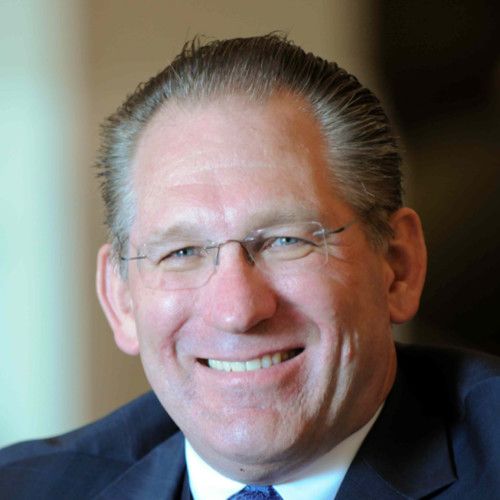
)
)
)
)

)
)
)
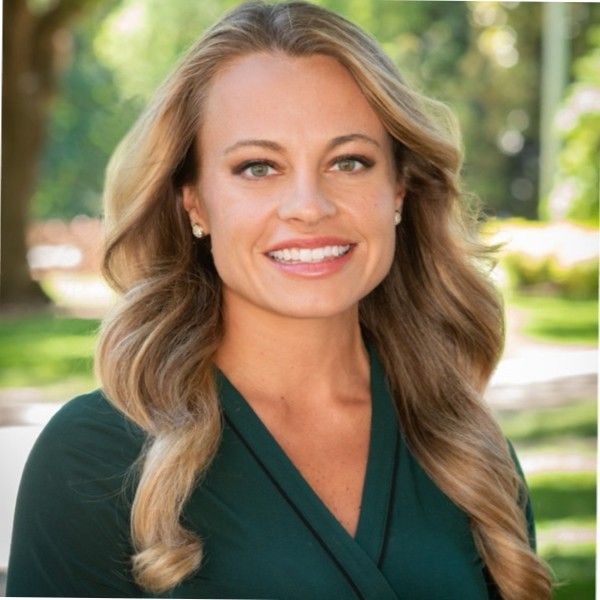
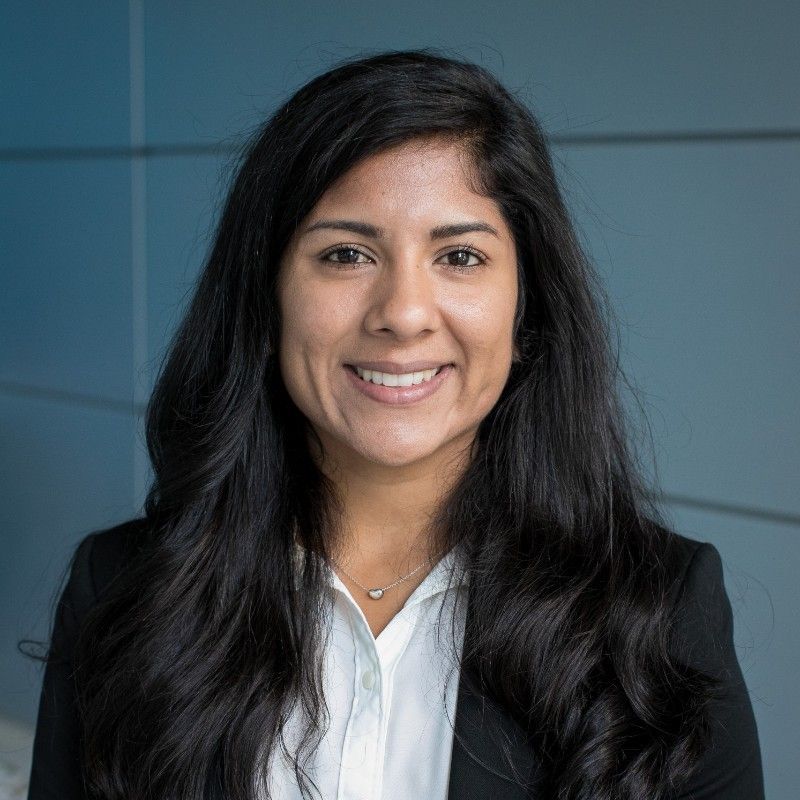
)
)
)